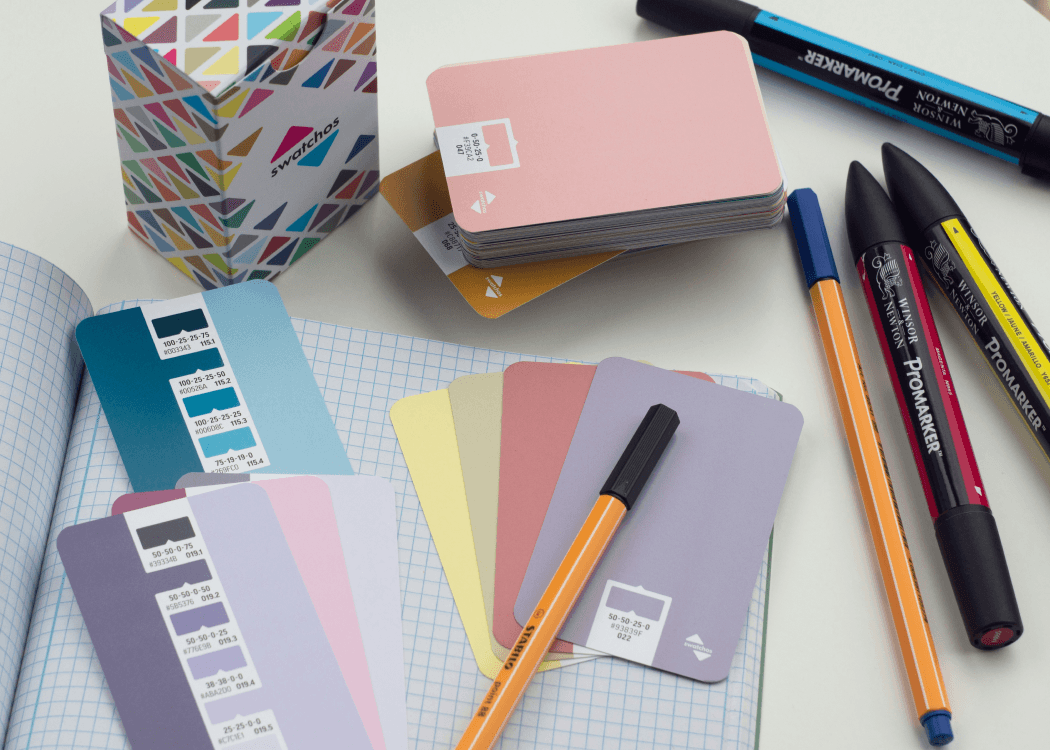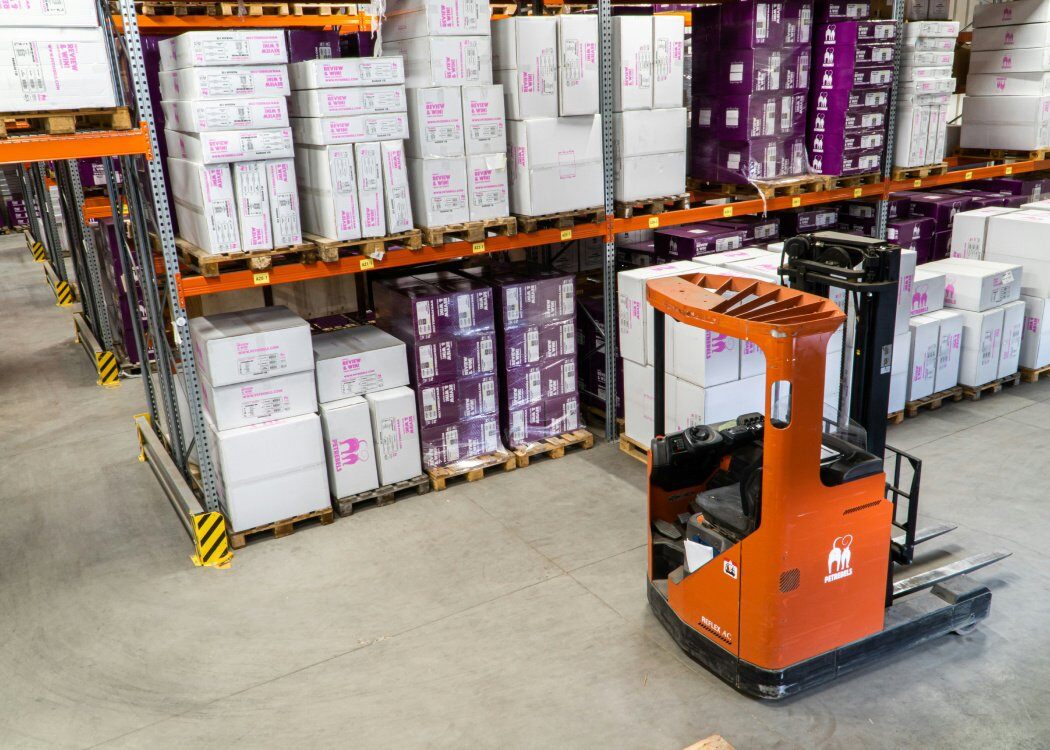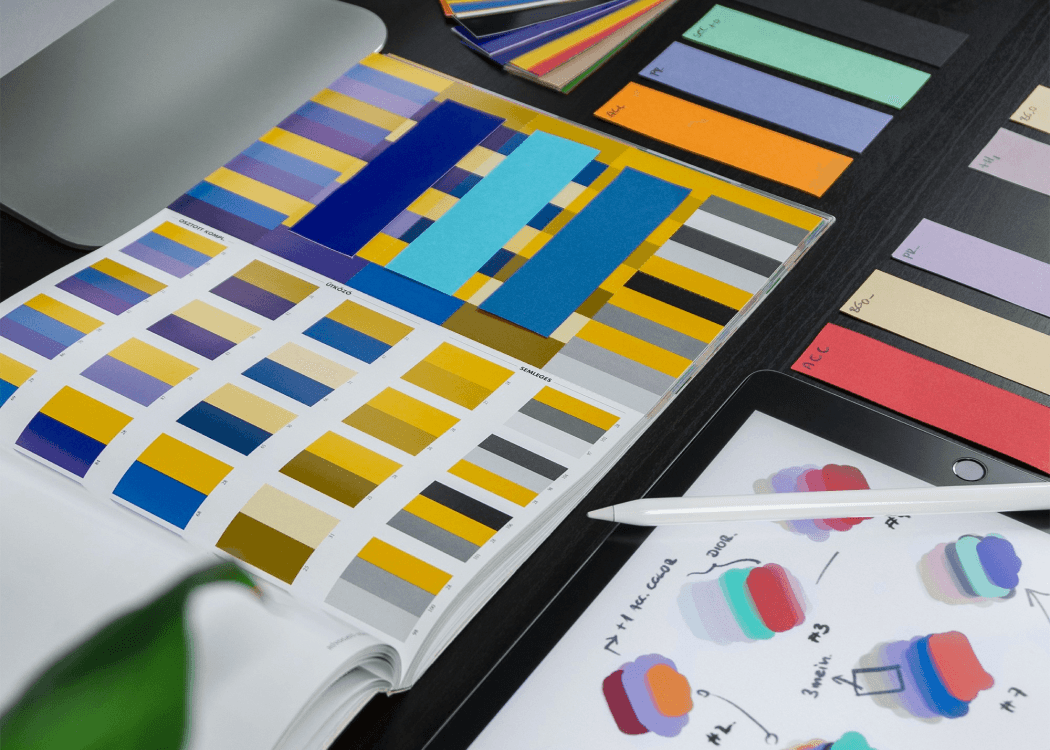3 min read
Reducing packaging update costs: proven methods
FMCG (Fast-Moving Consumer Goods) companies often face challenges in managing product revision workflows due to the complexity and scale of their...

As global awareness of environmental issues rises, the packaging industry is experiencing a wave of new regulations aimed at reducing waste, improving recyclability, and ensuring transparency. In 2025, governments and international organizations are enforcing stricter rules to promote sustainability and hold producers accountable for the entire lifecycle of their packaging. From bans on single-use plastics to enhanced labeling requirements, these new laws are reshaping the packaging landscape. But how will these regulations impact businesses, and what steps must companies take to comply with evolving standards?
Here's a summary of the latest updates in packaging regulations:
Governments worldwide are tightening regulations to reduce plastic waste, pushing companies to adopt biodegradable and recyclable materials. For instance, the European Union's Single-Use Plastics Directive enforces stricter rules on plastic packaging, including tethered caps on beverage containers to prevent littering. This is like requiring all cars to have safety belts attached at all times—simple, but with a massive impact on safety (or in this case, the environment)
EPR regulations are expanding globally. These laws make manufacturers financially responsible for the waste generated by their products' packaging. Countries like the UK, Canada, and Japan are adopting stricter versions of EPR laws to encourage companies to design for recyclability. Imagine being responsible for cleaning up after every road trip you take—now, companies must handle the lifecycle of the packaging they put out.
In Europe, regulatory pressure is increasing around product traceability through packaging. The GS1 Digital Link standard is set to replace traditional barcodes by 2027, allowing more detailed product information through QR codes. It’s like upgrading a street sign into a smart sign that gives you directions, history, and weather reports all in one.
New rules are coming into play to prevent greenwashing, which is when companies make misleading environmental claims. In the EU, stricter labeling requirements are being enforced, requiring brands to prove their sustainability claims with data, much like how food packaging must show accurate nutritional information.
These updates are ensuring that packaging doesn't just look good, but also functions responsibly, aligning with sustainability and consumer trust in a world that's more eco-conscious than ever.
Cway empowers companies to meet evolving sustainability and regulatory demands with ease through its advanced artwork and packaging management platform. It streamlines the entire process—from design to compliance—by offering an integrated suite of tools and features designed for efficiency, collaboration, and accuracy. This allows brands to stay ahead of new regulations, ensuring seamless artwork creation, compliance checks, and labeling updates for various packaging requirements.
By streamlining these aspects of packaging artwork creation and management, Cway enables brands to respond quickly to regulatory changes, maintain accurate labeling, and ensure their packaging designs comply with 2024’s evolving standards. This efficiency not only saves time and costs but also boosts the brand's credibility in the market.

3 min read
FMCG (Fast-Moving Consumer Goods) companies often face challenges in managing product revision workflows due to the complexity and scale of their...

Discover how digital solutions can help prevent product packaging recalls and save costs for your business.

1 min read
Packaging redesign is the process of updating and improving the visual and functional aspects of a product's packaging to better align with current...